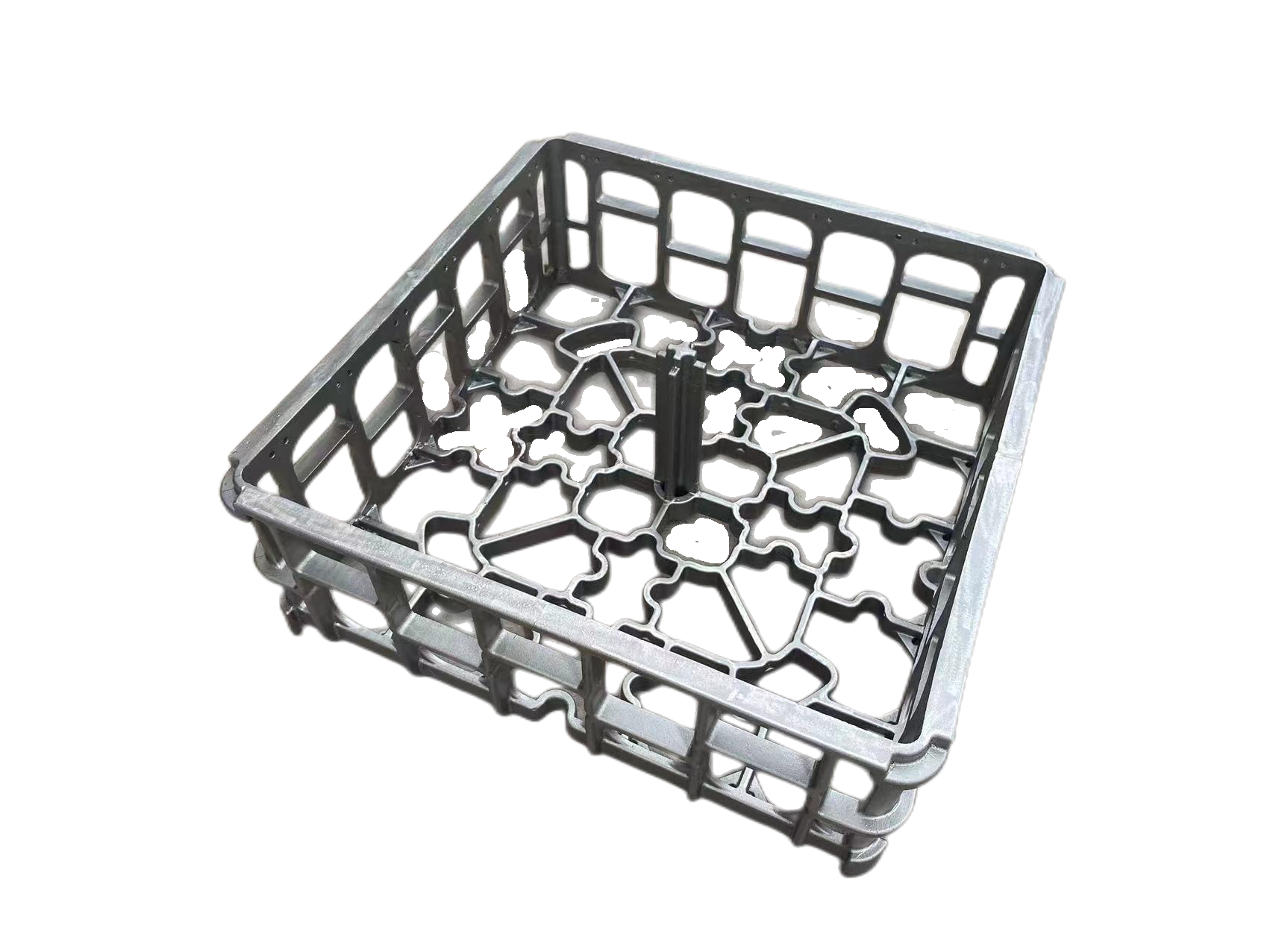αντοχή στη θερμότητα από οχυρό χάλκινο
Το ανθεκτικό σε θερμοκρασίες χάλυβιο είναι μια προηγμένη μεταλλουργική καινοτομία που σχεδιάστηκε για να διατηρεί τη δομική ακεραιότητα και την επίδοση υπό ακραίες συνθήκες θερμοκρασίας. Αυτό το ειδικό σύνθετο χάλυβιο συνδυάζει την ανθεκτικότητα σε διάβρωση του κλασικού χάλυβιου με βελτιωμένη θερμική σταθερότητα, κάνοντάς το ανεπτρόπευτο για εφαρμογές με υψηλές θερμοκρασίες μέχρι και 2100°F (1150°C). Το υλικό επιτυγχάνει την εξαιρετική ανθεκτικότητά του σε θερμοκρασίες μέσω μιας λεπτομερώς υπολογισμένης μίξης χρωμίου, νικελίου και άλλων συστατικών στοιχείων, τα οποία δημιουργούν μια προστατευτική οξειδική στρώση που γίνεται πιο σταθερή σε υψηλότερες θερμοκρασίες. Η μοναδική μοριακή δομή του εμποδίζει την υπονόμευση, την κρεμάνση και την οξείδωση, διατηρώντας τη μηχανική ισχύ σε ακραίες συνθήκες. Κοινές κατηγορίες περιλαμβάνουν τα 309, 310 και 330, κάθε ένα σχεδιασμένο για συγκεκριμένες θερμοκρασίες και περιβαλλοντικές συνθήκες. Η πολυτέλεια του υλικού επεκτείνεται σε διάφορους τομείς, από βιομηχανικά καμίνια και αλλαγείστες θερμοκρασίας έως συστήματα εξάτμισης αυτοκινήτων και εξοπλισμού επεξεργασίας χημικών. Η ικανότητά του να αντέχει σε θερμικές κύκλους, να αντισταθεί στην κατάτμηση και να διατηρεί την διαστατική σταθερότητα το κάνει ένα ουσιώδες συστατικό στις σύγχρονες βιομηχανικές και επεξεργαστικές λειτουργίες.
